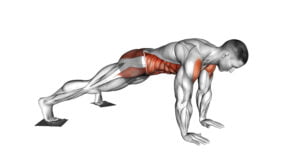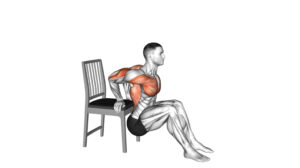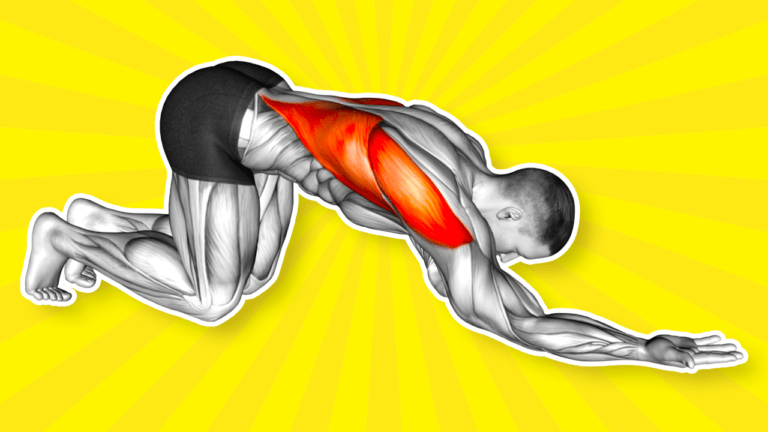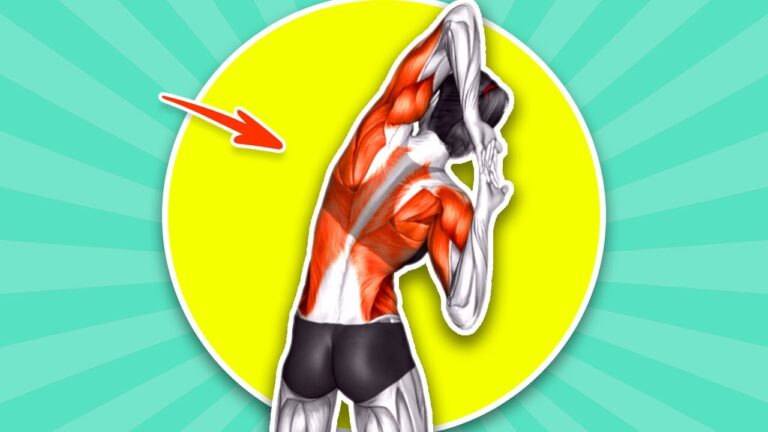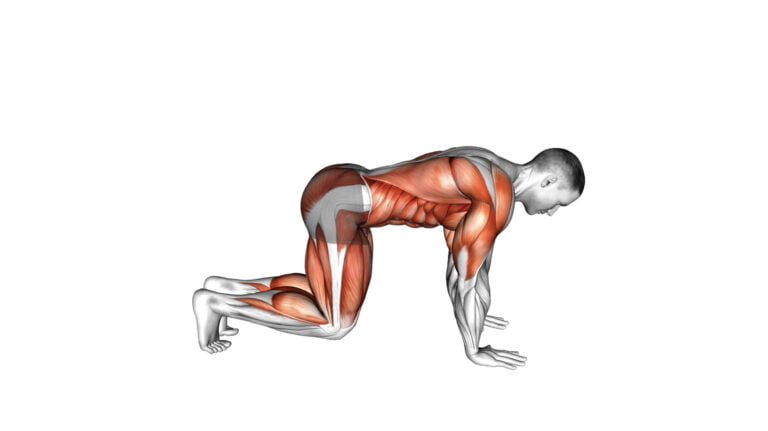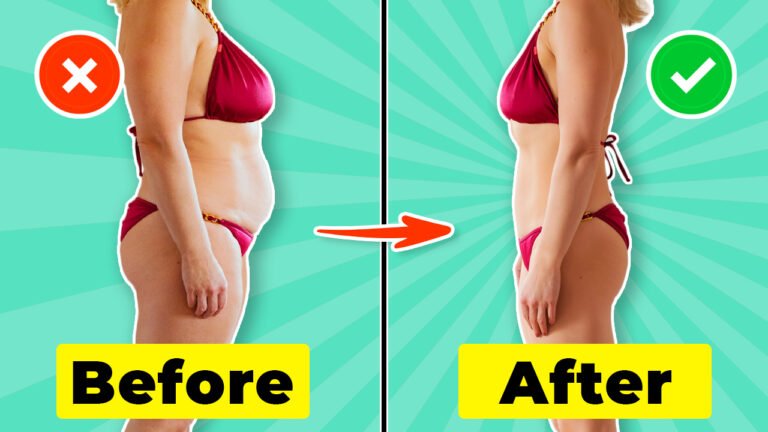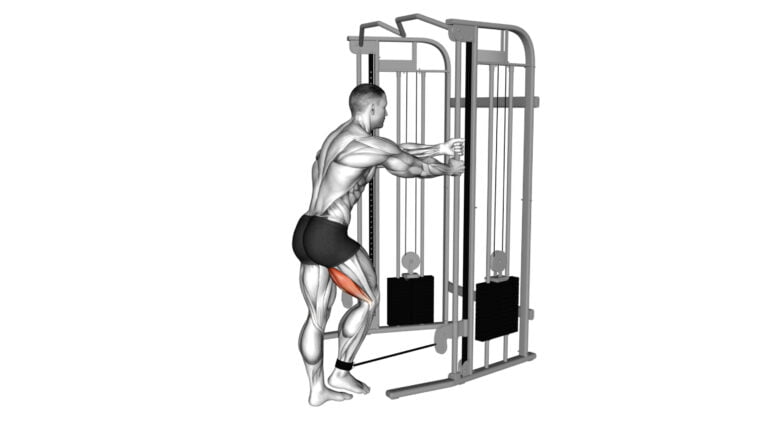How Is Perspiration Related To Recovery After Exercise
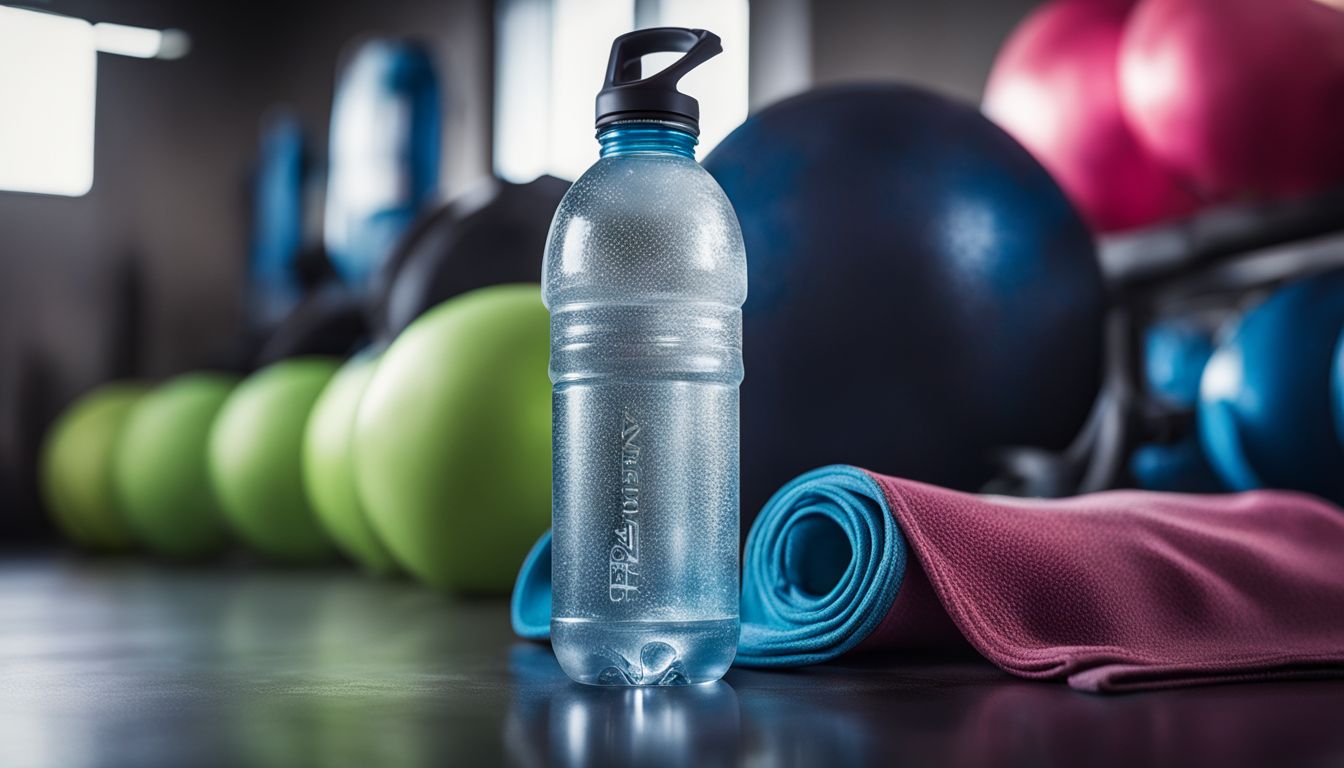
Sweating during a workout is more than just a sign of hard work; it’s essential for our bodies to stay cool and perform well. I bring years of experience as a fitness coach, guiding individuals through their fitness journeys while emphasizing the critical role that sweat plays in exercise and recovery.
Understanding how perspiration is related to recovery after exercise unveils an often overlooked aspect of post-workout routines that can significantly impact your overall health and performance.
Many people focus on muscle building and cardio endurance but pay little attention to the body’s natural cooling system—sweat. This article will dive into why replenishing what we lose through sweating is not just beneficial but necessary for optimal recovery.
Did you know that during an hour of intense physical activity, one might lose between 0.5 to 2 liters of sweat? That’s a lot of fluid and essential minerals walking out the door! Stay tuned.
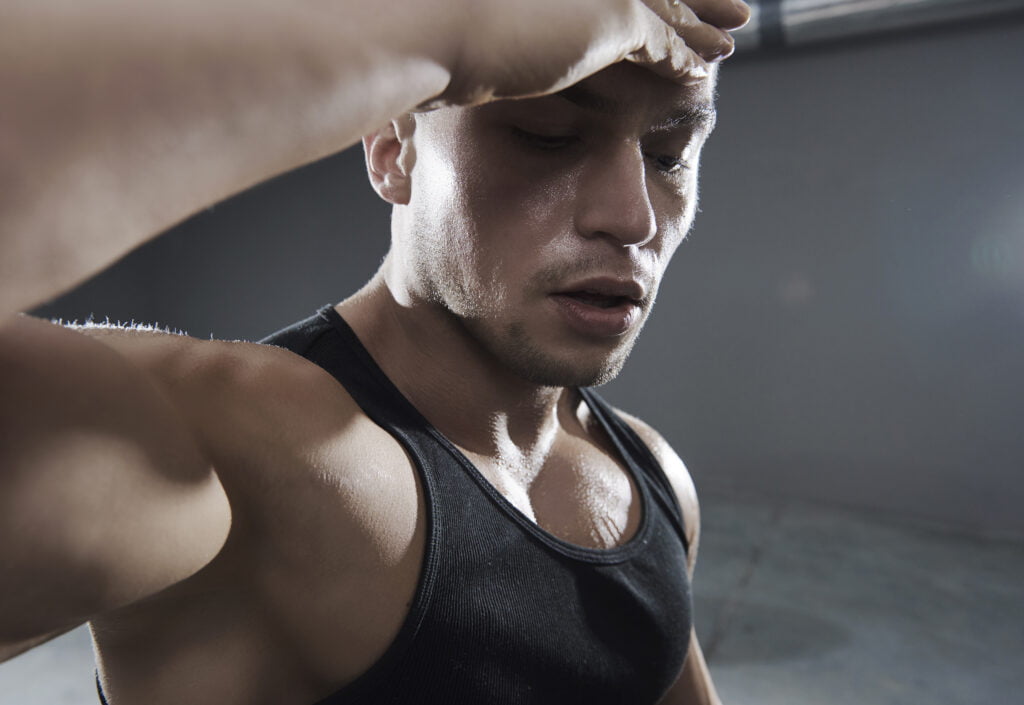
Key Takeaways
- Perspiration helps control body temperature during exercise by releasing moisture onto the skin, which evaporates to cool you down. This process prevents overheating and allows for continuous physical exertion without risk.
- Losing water and ions through sweat means it’s essential to drink electrolyte – rich beverages after exercising. This replenishes lost fluids and maintains proper muscle function and blood pressure.
- Eating foods high in carbohydrates and proteins post – workout helps restore glycogen levels in muscles and aids in repair and growth, ensuring efficient recovery for your next training session.
- Cooling down after exercise is vital for bringing heart rate and body temperature back to normal, preventing muscle soreness, aiding in faster recovery, and enhancing flexibility by stretching out tight muscles.
- Factors like sex, age, medical conditions (e.g., diabetes mellitus), aerobic fitness level, etc., can affect how much we sweat during exercise. Understanding these differences can help tailor hydration strategies that support effective recovery processes.
The Importance of Perspiration During Exercise
Perspiration plays a vital role during exercise by helping regulate body temperature and preventing overheating. It also aids in the loss of water and ions, which can be replenished post-exercise for efficient recovery.
Regulates body temperature

Sweating helps control the body’s internal climate, especially during exercise. As you work out, your muscles generate heat, raising your core temperature. Sweat glands spring into action, releasing moisture onto the skin.
This process of evaporation cools you down, preventing overheating and maintaining a safe body temperature.
Staying cool is crucial for optimal performance and avoiding heat stress or injury. Proper thermoregulation ensures that despite the rise in heart rate and muscle activity, your body doesn’t reach dangerous temperatures.
Therefore, efficient sweat production serves as a natural air conditioner, allowing for continuous physical exertion without the risk of heat-related illnesses.
Loss of water and ions
During exercise, your body perspires to regulate temperature, leading to water and ion loss. This process helps cool down the body but also means that vital electrolytes like sodium and potassium are depleted.
Losing these ions can affect muscle function and blood pressure.
To counteract this, it’s crucial to replenish fluids and salts after exercising. Drinking electrolyte-rich beverages restores the balance, helping prevent dehydration and maintaining proper muscle and nerve functions.
Keeping hydrated ensures efficient recovery, allowing you to stay active without risking health issues related to heat exposure or salt deficiencies.
Replenishing fluid and stored energy

After sweating during exercise, your body needs to replace the lost water and ions to recover correctly. Drinking water and electrolyte-rich beverages helps maintain electrolyte balance, supporting essential functions like muscle contraction and nerve signaling.
This step is vital for avoiding dehydration and ensuring your body’s temperature regulation system works effectively.
Eating a nutritious meal post-workout also plays a crucial role in replenishing stored energy. Foods rich in carbohydrates restore glycogen levels in your muscles, while proteins aid in repair and growth.
Keeping proper nutrition can prevent fatigue, support aerobic fitness, and prepare your body for the next physical training session.
How Perspiration Plays a Role in Recovery After Exercise
Perspiration plays a crucial role in recovery after exercise by replenishing lost water and ions, preventing overheating, and helping to cool down the body. It aids in restoring the body’s balance and temperature regulation post-exercise.
Replenishing lost water and ions

To replenish lost water and ions after exercise, it is crucial to drink plenty of fluids such as water and electrolyte-rich beverages. This helps restore the body’s hydration levels and maintain the balance of essential minerals like sodium, potassium, and chloride.
By replacing these lost fluids and ions, the body can recover more effectively, supporting muscle function and overall performance.
In addition to drinking fluids, consuming a balanced diet with foods high in water content can also aid in replenishing lost hydration. Fruits like watermelon, oranges, and berries are excellent sources of both water and natural electrolytes that assist in rehydrating the body post-exercise.
Preventing overheating
To prevent overheating, it’s essential to understand that perspiration aids in cooling down the body during and after exercise. When the body temperature rises, sweat is produced as a natural response to regulate heat.
As the sweat evaporates from the skin, it dissipates heat and helps maintain a balanced internal temperature. Additionally, staying hydrated plays a crucial role in preventing overheating during recovery.
By replenishing lost fluids through water and electrolyte-rich beverages, the body supports its ability to continue sweating and cooling down efficiently.
Another way to prevent overheating after exercise is by taking measures to lower core body temperature through rest and relaxation. This allows for gradual dissipation of excess heat while enabling the body to return to its normal state more effectively.
Cooling down the body
Cooling down the body after exercise is essential for bringing the heart rate and body temperature back to normal. This can be achieved by gradually reducing the intensity of the activity, allowing the body to return to its resting state.
As you cool down, your muscles relax and recover, while your breathing and circulation slow down. This process also helps prevent muscle soreness and stiffness.
Furthermore, cooling down assists in preventing dizziness or fainting by allowing the blood pressure to stabilize. It also promotes efficient removal of metabolic waste products from the muscles, aiding in faster recovery.
Factors That Can Affect Perspiration During Exercise

Various factors, such as sex, age, and medical conditions like diabetes mellitus, can influence perspiration during exercise. To find out more about how these factors impact perspiration and recovery after exercise, keep reading.
Sex
Sex plays a significant role in how the body perspires during exercise. Men tend to sweat more than women due to having a higher resting metabolic rate and larger muscle mass. As a result, men generally lose more water and electrolytes through perspiration compared to women.
Additionally, hormonal differences, such as higher levels of estrogen in women, can affect the way their bodies regulate temperature and sweat production during physical activity.
Understanding these differences between sexes is crucial for developing personalized hydration strategies that cater to individual needs based on sex-specific perspiration rates and fluid replacement requirements post-exercise.
Age

As we transition from the influence of sex on perspiration to age, it’s important to recognize that aging can impact the body’s ability to regulate temperature and perspire effectively.
As individuals grow older, the number of sweat glands decreases, resulting in less perspiration. This decline in sweating capacity can hinder the body’s ability to cool down during exercise or in hot environments.
Additionally, older adults may be more prone to dehydration due to a reduced sensation of thirst and decreased kidney function. In light of these factors, it becomes crucial for individuals of advanced age to pay close attention to hydration levels before, during, and after physical activity.
Moreover, older individuals need sufficient recovery time after exercise due to potentially longer muscle recovery periods. Adequate rest and proper nutrition become essential components for successful post-exercise recovery among this demographic.
Medical conditions (such as diabetes mellitus)
Factors like medical conditions, such as diabetes mellitus, can impact perspiration during and after exercise. For individuals with diabetes, the body may struggle to regulate blood sugar levels efficiently during physical activity.
This can affect the body’s ability to balance fluid levels and regulate temperature through perspiration. Consequently, it’s important for individuals with medical conditions like diabetes mellitus to carefully monitor their hydration levels while exercising and prioritize appropriate post-exercise recovery measures.
Maintaining a proper balance of fluid intake and electrolyte replenishment is crucial for those with medical conditions like diabetes mellitus. Additionally, consulting healthcare professionals for personalized recommendations on exercise routines and recovery strategies is essential in effectively managing perspiration-related challenges associated with these medical conditions.
Aerobic fitness and training

The impact of aerobic fitness and training on perspiration during exercise is significant. Improved aerobic capacity enhances the body’s ability to regulate temperature, leading to increased sweat rates.
Regular aerobic training aids in better heat acclimation, optimizing sweating efficiency, and lowering the risk of heat-related illnesses. Additionally, individuals with higher aerobic fitness levels tend to experience a quicker recovery post-exercise due to their enhanced cardiovascular function and efficient cooling mechanisms.
Training for aerobics leads to improved sweat gland function, allowing for better regulation of body temperature during exercise. Moreover, individuals engaged in regular aerobic workouts develop a more efficient thermoregulatory system that promotes effective perspiration for adequate heat dissipation while preventing overheating or heat injuries.
Effective Methods for Replenishing Lost Fluid and Energy Post-Exercise
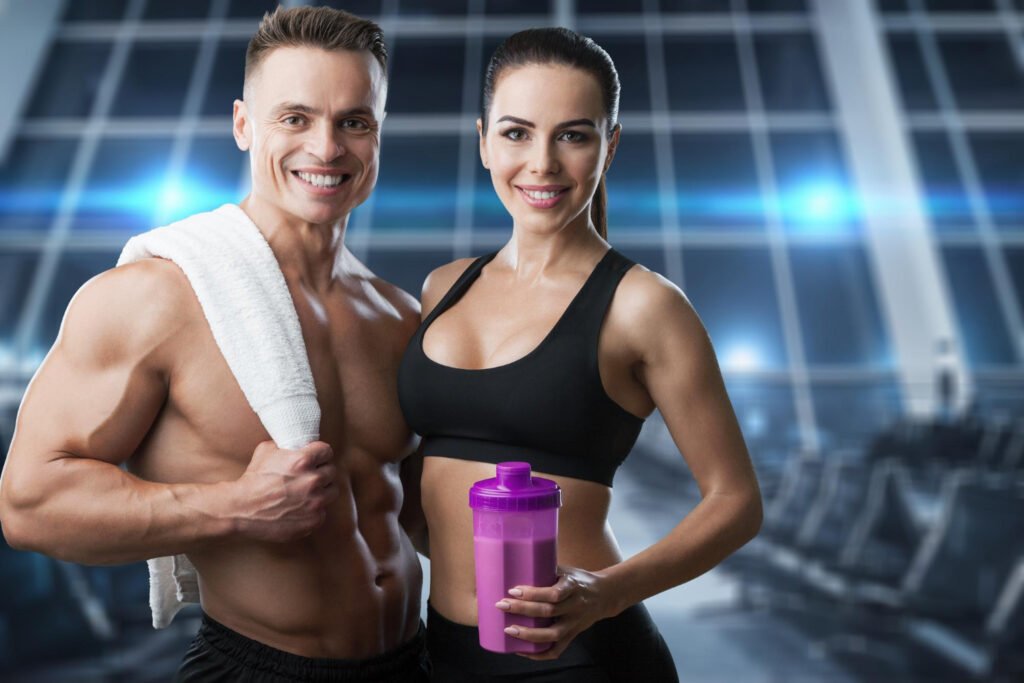
After an intense workout, it’s crucial to replenish lost fluids and energy. This can be achieved by drinking water and electrolyte-rich beverages, taking a refreshing shower to cool down quickly, and allowing the body time for rest and recovery.
Drinking water and electrolyte-rich beverages
To replenish lost fluids and ions after exercise, drink water and electrolyte-rich beverages. Hydration is crucial for recovery as it helps regulate body temperature and prevent overheating.
Consuming electrolytes like sodium, potassium, and magnesium helps restore the balance of minerals lost through perspiration. Rehydrating with water ensures that the body can continue to function optimally, supporting overall health and performance.
When hydrating post-exercise, choose beverages that contain electrolytes or add an electrolyte supplement to your water. Avoid excessive consumption of sugary drinks or caffeinated beverages as they can impede rehydration efforts.
Showering soon after the workout

After the workout, showering helps lower body temperature and remove sweat, reducing the risk of heat-related issues. It also cleanses the skin of bacteria and prevents potential infections from developing.
Additionally, a quick rinse with water can provide relief to tired muscles and joints.
Indeed, apart from these benefits, showering after exercising also offers a refreshing feeling and aids in mental relaxation. Regular post-workout showers are essential for maintaining good personal hygiene as well as ensuring overall well-being.
Rest and relaxation
After showering soon after the workout, rest and relaxation play a crucial role in aiding recovery. Rest allows the body to repair and adapt to the stress it experienced during exercise, which is essential for muscle growth and strength gains.
Relaxation reduces stress levels and promotes mental well-being, contributing to overall recovery. Proper rest also ensures that the body’s energy stores are replenished, helping to prevent fatigue and optimize performance for future workouts.
To enhance recovery through rest and relaxation, individuals can incorporate activities such as yoga, meditation, or gentle stretching exercises into their post-exercise routine. These practices promote muscle relaxation and blood circulation while calming the mind.
Proper nutrition and hydration throughout the day
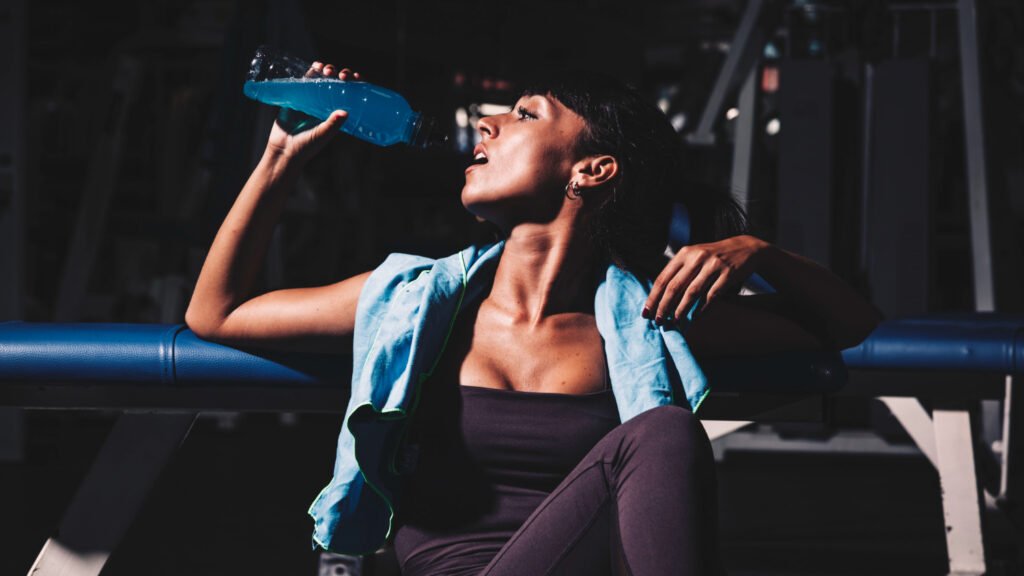
After allowing the body to rest and recover, it’s crucial to maintain proper nutrition and hydration throughout the day. Consuming a balanced diet that includes carbohydrates, proteins, fats, vitamins, and minerals helps replenish energy stores and supports muscle recovery.
Additionally, staying adequately hydrated by drinking water and electrolyte-rich beverages is essential for replacing lost fluids and maintaining optimal bodily functions.
Ensuring a well-rounded intake of nutrients from whole foods such as fruits, vegetables, lean proteins, and whole grains aids in repairing muscle tissues post-exercise. Furthermore, avoiding excessive consumption of sugary or heavily processed foods can help stabilize blood sugar levels while supporting overall health.
Listening to the body’s cues for rest and recovery
After replenishing lost fluid and energy post-exercise, it’s crucial to listen to your body’s cues for rest and recovery. Pay attention to feelings of fatigue, soreness, or decreased energy levels.
If you notice these signs, take a break and allow your body time to recuperate. Additionally, make sure to get adequate sleep as it is essential for the body’s repair and recovery processes.
Be mindful of any discomfort or pain in specific areas that may indicate overuse or strain on particular muscles or joints. Adjust your exercise routine accordingly and give those areas an opportunity to heal before engaging in intense workouts again.
Conclusion

Replenishing lost fluids and ions is crucial for recovery after exercise. Drinking water, electrolyte-rich beverages, and rest are practical and efficient methods to achieve this. How can you implement these strategies in your post-exercise routine? By prioritizing proper hydration and relaxation, the potential impact on your recovery could be significant.
Make sure to listen to your body’s cues for rest and recovery as well.
FAQs
1. Why do we sweat more after exercising?
When we exercise, our body heats up, and sweating helps cool us down by evaporating off our skin. This process is crucial for regulating body temperature and preventing heat illnesses like heat stroke.
2. How does sweating help my body recover after a workout?
Sweating aids in recovery by removing excess heat from your body, allowing your spinal column and muscles to return to normal temperatures faster. This cooling effect also helps reduce the risk of developing heat-related injuries.
3. Can sweating affect how much water I need to drink after exercising?
Yes! Since you lose water through sweat, it’s important to replace that lost body water by drinking plenty of fluids post-exercise. This helps maintain hydration levels and supports overall recovery.
4. Does where I live affect how much I sweat during exercise?
Absolutely! Humidity and air temperature in the environment can influence how much you sweat. In high humidity or hot climates, you might find yourself sweating more as your body works harder to cool off through evaporation.
5. Is there a difference between sweating during light vs intense workouts?
Definitely! Intense workouts often lead to more perspiration because your body generates more heat that needs to be dissipated through the eccrine sweat ducts across various parts of your body including the spinal column, upper arms, and abdominal region.
6. What role does acclimatization play in how my body handles perspiration during recovery?
Becoming acclimatized means your body becomes better at managing its response to heat over time through regular exposure or endurance training in warm environments. This improves its ability to efficiently lose excess heat via perspiration during and after physical activity, aiding quicker recovery times.

Author
Years ago, the spark of my life’s passion ignited in my mind the moment I stepped into the local gym for the first time. The inaugural bead of perspiration, the initial endeavor, the very first surge of endorphins, and a sense of pride that washed over me post-workout marked the beginning of my deep-seated interest in strength sports, fitness, and sports nutrition. This very curiosity blossomed rapidly into a profound fascination, propelling me to earn a Master’s degree in Physical Education from the Academy of Physical Education in Krakow, followed by a Sports Manager diploma from the Jagiellonian University. My journey of growth led me to gain more specialized qualifications, such as being a certified personal trainer with a focus on sports dietetics, a lifeguard, and an instructor for wellness and corrective gymnastics. Theoretical knowledge paired seamlessly with practical experience, reinforcing my belief that the transformation of individuals under my guidance was also a reflection of my personal growth. This belief holds true even today. Each day, I strive to push the boundaries and explore new realms. These realms gently elevate me to greater heights. The unique combination of passion for my field and the continuous quest for growth fuels my drive to break new ground.


